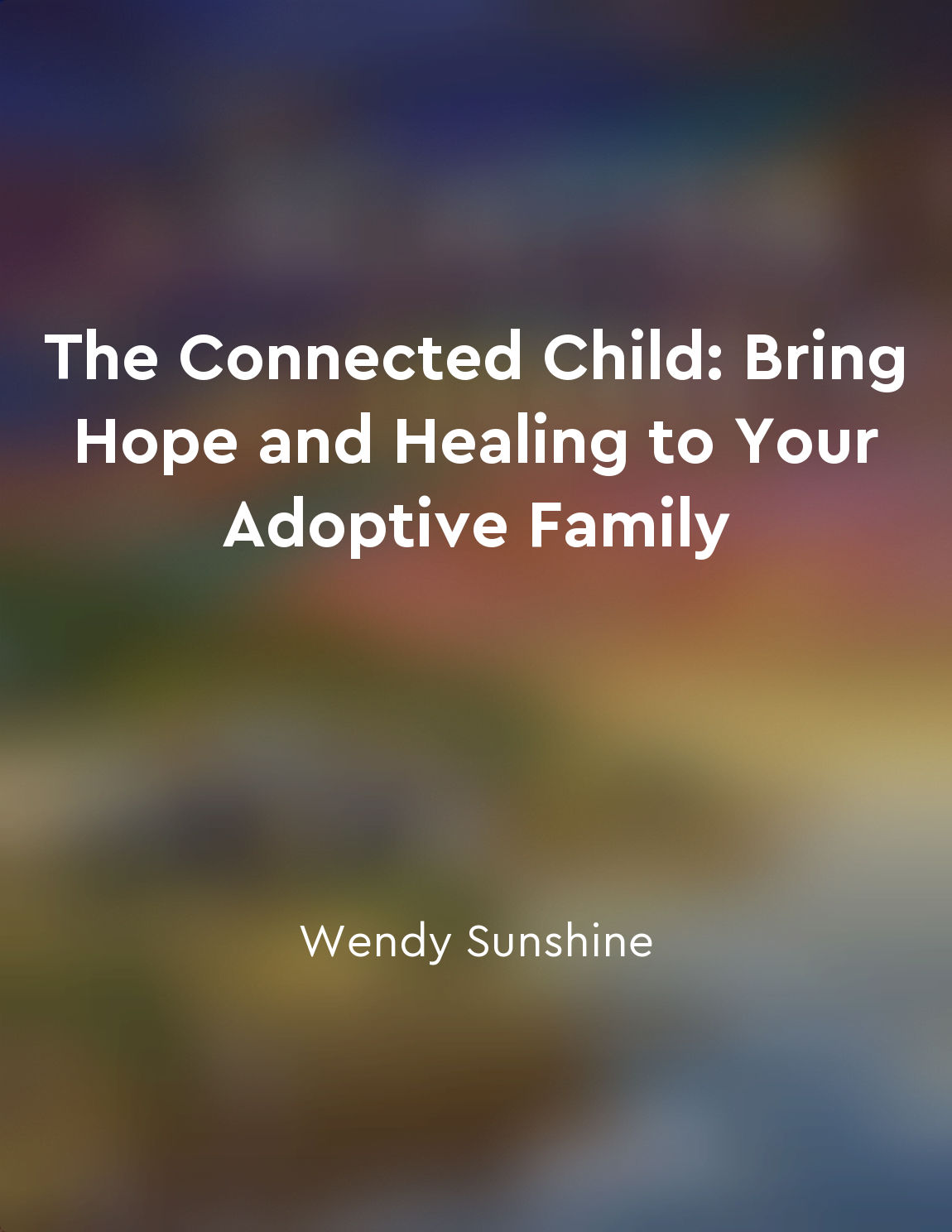Listen actively and attentively to your children from "summary" of THE DAILY DAD by RYAN HOLIDAY
When we say we’re listening to our children, what do we really mean? Are we truly engaged in the conversation, or are we just going through the motions? It’s one thing to physically be present while our children speak, but it’s another thing entirely to be mentally present. Active listening requires more than just hearing the words that are spoken—it requires understanding and empathy. When we actively listen to our children, we are showing them that we value what they have to say. We are creating a space where they feel heard and respected. It’s not about waiting for our turn to speak or offering advice—it’s about being fully present in the moment and truly understanding their perspective. This kind of listening can strengthen our relationship with our children and help us to better connect with them on a deeper level. Attentive listening also allows us to pick up on subtle cues and emotions that our children may not explicitly express. By tuning in to their tone of voice, body language, and facial expressions, we can gain valuable insights into their thoughts and feelings. This can help us to address any underlying issues or concerns that they may be struggling with. In a world filled with distractions and competing priorities, it can be easy to overlook the importance of active listening. But taking the time to truly listen to our children is a powerful way to show them that we care, that we are there for them, and that their voices matter. By making a conscious effort to listen attentively, we can deepen our connection with our children and create a more meaningful and fulfilling relationship with them.Similar Posts
Promote healthy brain development through play
The brain is a marvelous organ that is constantly growing and changing, especially during childhood. One of the most effective ...
Be mindful of your body language to show you are actively listening
Your body language speaks volumes about your level of engagement in a conversation. By being mindful of your body language, you...

Communication is key in building collaborative relationships
Effective communication plays a vital role in the development of strong and collaborative relationships. When individuals engag...
Listening can help reduce healthcare disparities
The concept of listening is crucial in the healthcare setting, especially when it comes to addressing disparities in patient ca...
Social empathy is essential for building a sense of community
Building a sense of community is a complex process that requires individuals to connect with one another on a deeper level. Thi...

Encourage building healthy relationships
In order to foster a sense of security and trust in an adoptive family, it is essential to emphasize the importance of building...

Ask clarifying questions to ensure mutual understanding
The concept of ensuring mutual understanding through asking clarifying questions is a vital aspect of effective communication. ...
Encouraging independence in children builds confidence and selfreliance
Encouraging independence in children is a key factor in fostering their confidence and self-reliance. By giving children the op...
Understanding body language enhances communication interactions
Body language plays a crucial role in communication interactions. When we are able to understand and interpret the nonverbal cu...
Discipline with love and kindness
Discipline with love and kindness means acknowledging that children are learning and growing individuals who need guidance and ...

